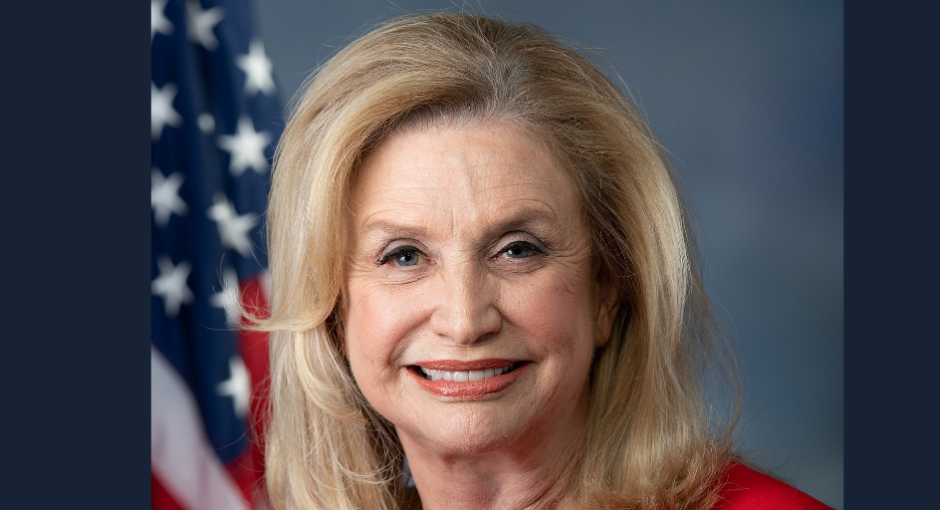A U.S. House committee alleged Tuesday that AbbVie gamed the federal orphan drug program to boost profits for its anti-inflammatory drug Humira—by far, the top-selling medicine in the United States.
Four types of hospitals that participate in the 340B program are unable to purchase Humira and other drugs with orphan disease designations at reduced 340B prices. Legislation has been re-introduced to partially lift the ban.
In a 57-page staff report, the Democratic-led House Committee on Oversight and Reform noted that Illinois-based AbbVie “sought orphan drug protections for Humira even though it was a blockbuster drug with billions of dollars in sales each year.” Altogether, the company has eight orphan designations and approvals for Humira, according to the report. The injectable drug is used to treat inflammatory disorders such as rheumatoid arthritis and Crohn’s disease.
Enacted in the early 1980s, the Orphan Drug Act (ODA) gives drug companies tax breaks, research subsidies, and other sweeteners to develop treatments or cures for relatively rare diseases such as muscular dystrophy or Tourette’s syndrome. The ODA is credited with turning a trickle of such drugs into to a steady flow.
Humira’s sales topped $21 billion in 2019, making it the highest grossing prescription drug sold in the U.S. that year, according to the IQVIA Institute for Human Data Science. Humira’s sales were more than double that of the second-bestselling drug, Eliquis, which had $9.9 billion in sales.
According to the House Oversight Committee report, AbbVie raised Humira’s price 27 times since its market introduction in 2003, with virtually no change in the product during that time. A prescription now costs nearly $78,000 a year to fill.
Attaching orphan drug designations to high-volume products is common. According to a study published in Health Affairs earlier this year, more than 70% of revenue generated by the top-selling orphan drugs were for non-orphan indications.
In February, Reps. David McKinley (R-W.Va.) and Peter Welch (D-Vt.) reintroduced legislation to give critical access hospitals, sole community hospitals, rural referral centers, and free-standing cancer hospitals access to 340B pricing on orphan drugs when the drugs are prescribed for common diseases or conditions. The Affordable Care Act made these four hospitals categories eligible for the 340B program. It simultaneously precluded them from accessing 340B pricing on orphan drugs.
“Hospitals rely on the 340B program to ensure they are able to continue to serve rural and vulnerable Americans with health care needs,” Welch said when the bill was re-introduced. “We cannot allow big drug companies to use this loophole to cash in at the expense of these hospitals and those they serve.”
This is the fourth time the bill has been introduced since 2016.
The House Oversight committee held a hearing May 18 on AbbVie’s pricing and business practices regarding Humira and the cancer medication Imbruvica. During her opening statement, committee chair Carolyn Maloney (D-N.Y.) disclosed that she and Reps. Jerrold Nadler (D-N.Y.) and David Cicilline (D-R.I.) sent a letter to the Federal Trade Commission on Wednesday asking for an investigation into whether AbbVie’s practices broke the law. Nadler chairs the House Judiciary Committee and Cicilline chairs its antitrust subcommittee.
Rep. Katie Porter (D-Calif.)—who has a reputation for interrogating business executives during hearings, using a white board as a prop—grilled AbbVie CEO Richard Gonzalez during Tuesday’s hearing. A video of her questioning Gonzalez had been viewed 8 million times on Twitter as of this morning.
Related Legislation
In a related development, the House yesterday voted 402 to 23 to pass a bill that its backers say will close a loophole in the ODA that manufacturers use to block generic drugs from coming to market.
Under H.R. 1629, manufacturers would be granted seven years of marketing exclusivity on an orphan-designated drug only if they could show they could not recoup their R&D costs within its first 12 years of U.S. sales of the drug.
“This important legislation will preserve the intent of the original Orphan Drug Act by encouraging research and discovery of new therapies to treat and cure rare diseases, while also ensuring that brand manufacturers do not use the program to stifle generic competition from coming to market,” according to a joint statement issued by Reps. Frank Pallone (D-N.J.) and Anna Eshoo (D-Calif.). Pallone chairs the House Energy and Commerce Committee, while Eshoo chairs the Health Subcommittee.
The bill, called the Fairness in Orphan Drug Exclusivity Act, was introduced in March by Rep. Madeleine Dean (D-Pa.) and Marc Veasy (D-Texas).


